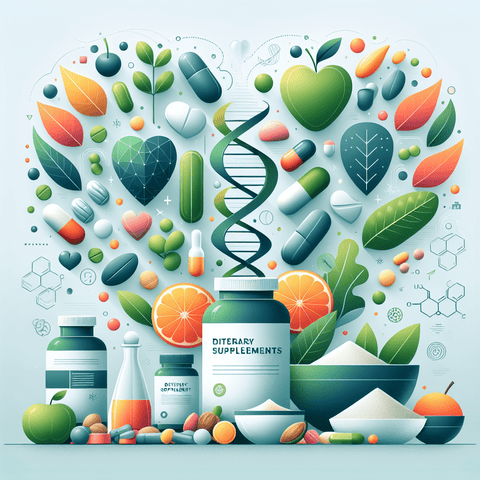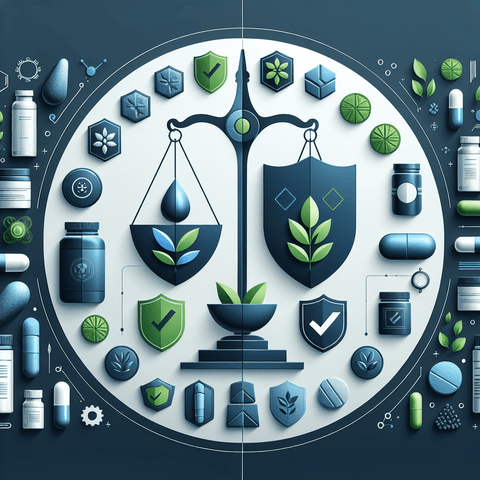Dietary supplement safety centers on having clear, trustworthy information at hand. Reading labels is a foundational habit: the label should list active ingredients, serving size, other ingredients, allergen warnings, the manufacturer’s contact information, and a batch or lot number with an expiration date. Be wary of proprietary blends that don’t disclose ingredient amounts. Focusing on these labeling details helps you assess products reliably and supports better decision-making around dietary supplement safety. Look for red flags that can undermine dietary supplement safety. Missing or inconsistent ingredient lists, vague or unverified marketing claims, lack of a verifiable manufacturer address, or no contact information are warning signs. Be cautious of products that promise dramatic outcomes or use overly sensational language. If you encounter information that cannot be independently verified or appears conflicting, treat it as a signal to pause and verify through trusted sources before proceeding. Preventing interactions is another key aspect of dietary supplement safety. Some ingredients can interact with prescription medicines, other supplements, or certain health conditions. Maintain a current list of every supplement you take along with any medications, and discuss it with a pharmacist or clinician who can review potential interactions. Avoid duplicating ingredients across multiple products and check the total amounts listed on labels to prevent unintended duplication. Choosing safer supplements with confidence involves relying on independent verification and transparent manufacturing practices. Seek third‑party testing seals from reputable programs, such as USP, NSF, or similar organizations, and confirm CGMP compliance and traceability details like batch numbers and expiration dates. Favor products that provide complete contact information and clear safety or recall notices. By prioritizing these practices, you reinforce dietary supplement safety and make informed choices with greater confidence.


